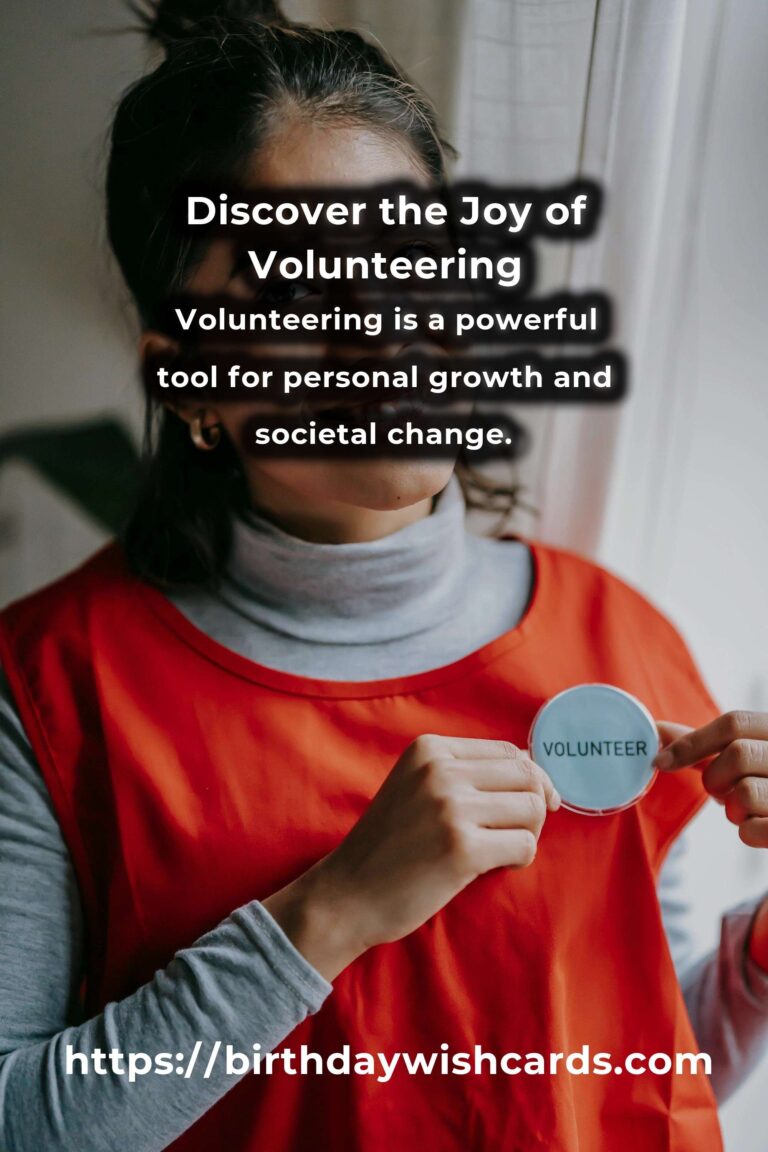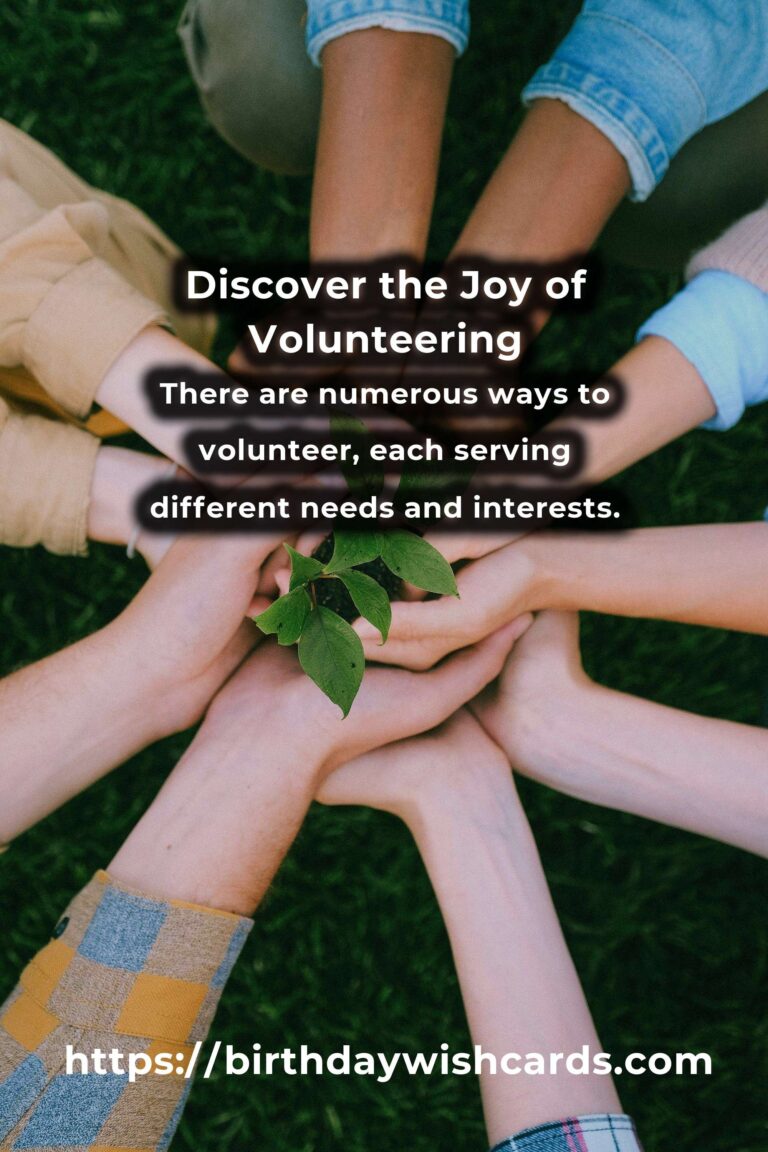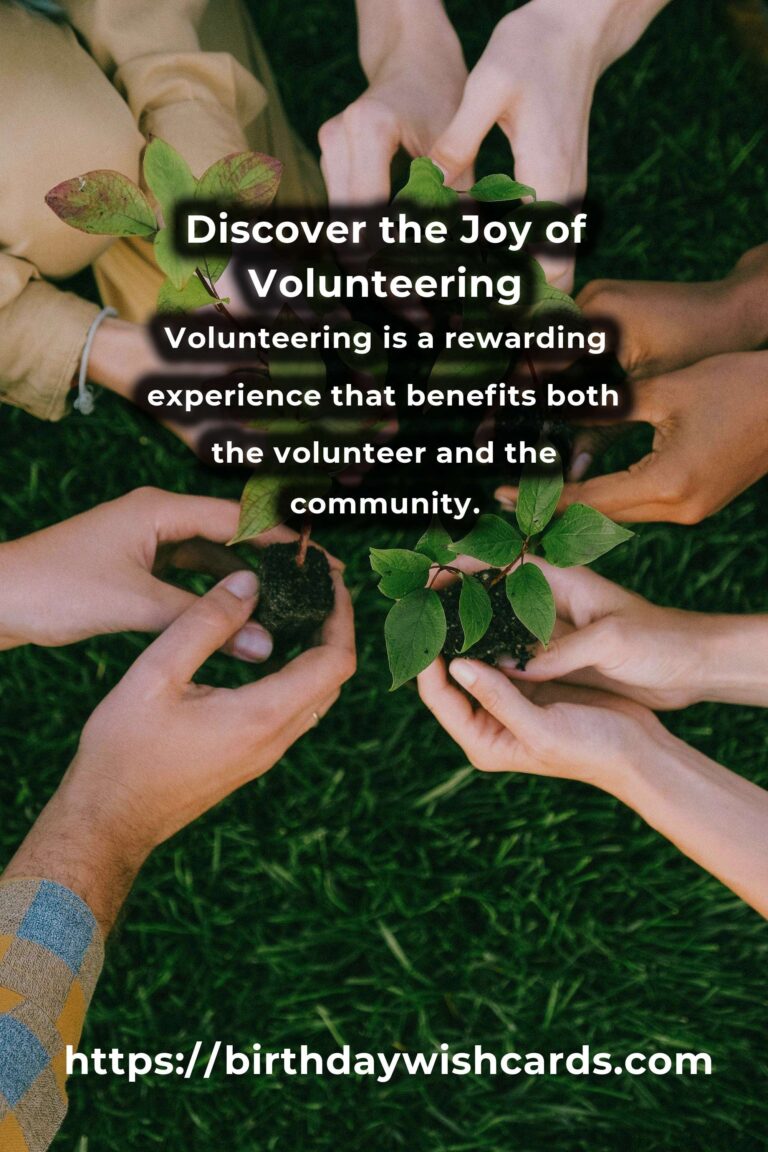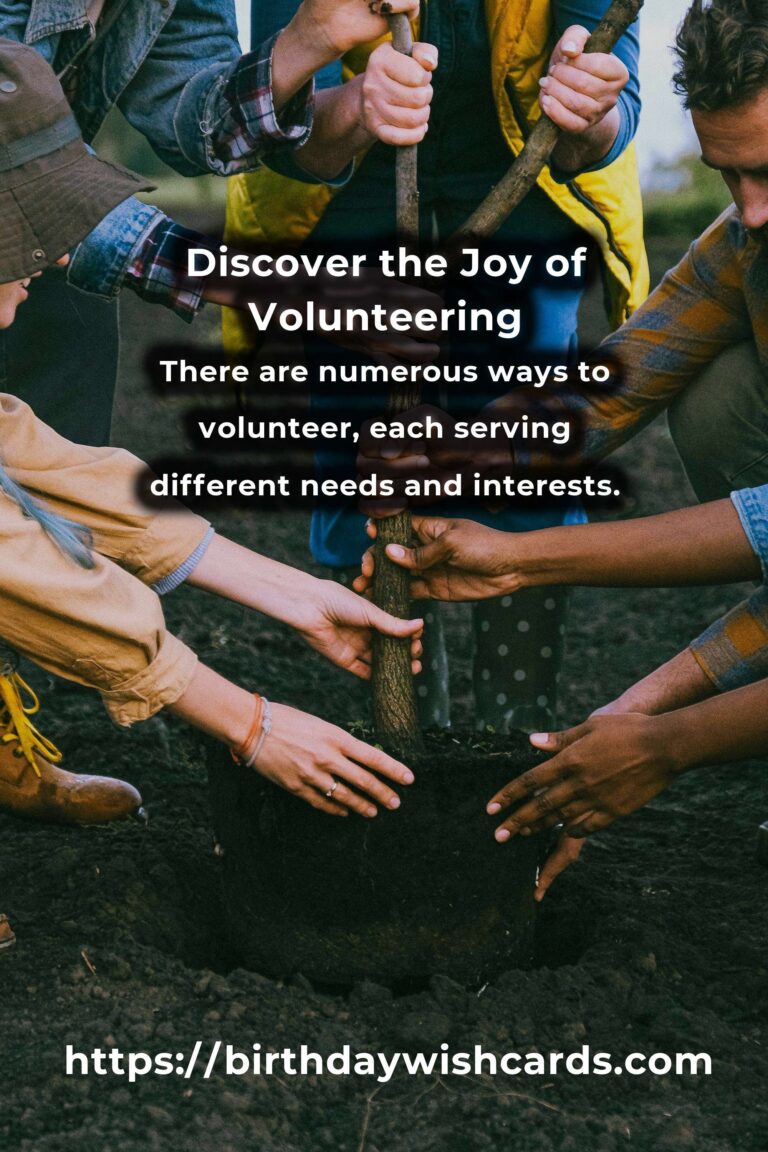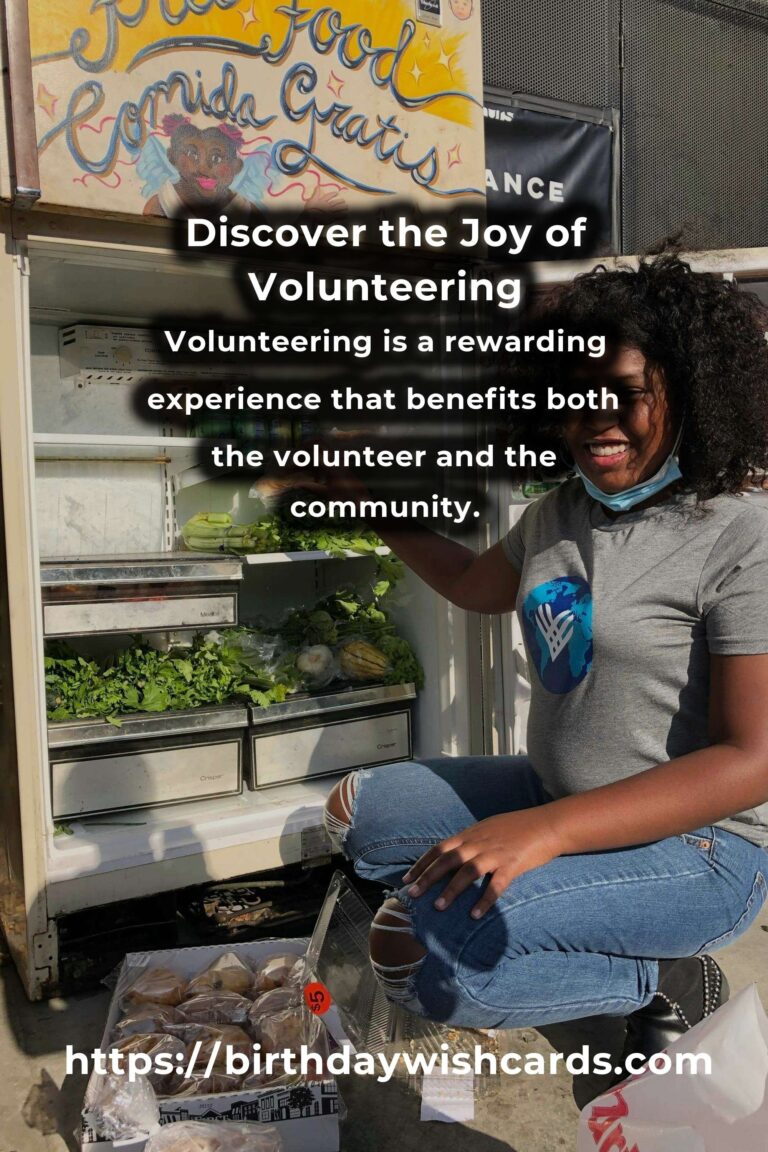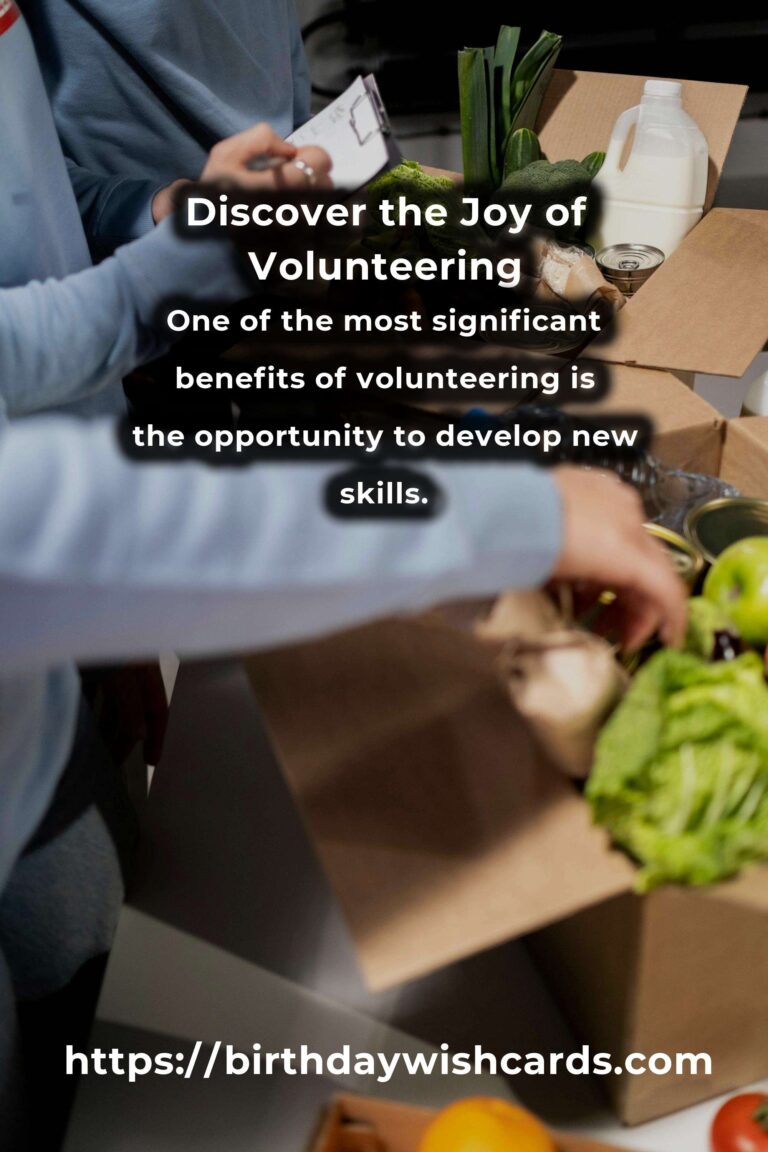
Volunteering is a powerful tool for personal growth and societal change. Whether you are looking to contribute to your community, gain new skills, or meet diverse people, volunteering offers a unique opportunity to make a significant impact. However, the concept of volunteering can sometimes seem daunting or unclear. This article aims to demystify volunteering by exploring its benefits, types, and how you can get involved.
The Benefits of Volunteering
Volunteering is not just about giving; it’s also about receiving. One of the most significant benefits of volunteering is the opportunity to develop new skills. Whether it’s leadership, communication, or problem-solving, volunteering can provide you with practical experiences that enhance your professional and personal skills.
Moreover, volunteering can improve your mental health. Studies have shown that volunteering can help reduce stress, combat depression, and increase feelings of happiness and self-worth. By helping others, you can also help yourself.
Additionally, volunteering allows you to expand your network. You will meet people from diverse backgrounds, which can lead to new friendships and professional connections.
Types of Volunteering
There are numerous ways to volunteer, each serving different needs and interests. Community volunteering is one of the most popular types, where individuals help out in local schools, community centers, or neighborhood projects.
Environmental volunteering is another option, perfect for those passionate about nature and sustainability. Activities might include tree planting, wildlife conservation, or beach clean-ups.
For those interested in international experiences, there is international volunteering. This involves traveling to different countries to help with various projects, such as building infrastructure, teaching, or providing medical care.
How to Get Involved
Getting involved in volunteering is easier than you might think. Start by identifying causes you are passionate about. This could be anything from animal welfare to education or healthcare.
Next, research organizations that align with your interests. Many organizations offer detailed information about their volunteer programs on their websites.
Consider your availability and commitment level. Some volunteering opportunities require a long-term commitment, while others might be one-off events.
Finally, reach out to the organization and express your interest. Many organizations are eager to welcome new volunteers and will guide you through their application process.
Overcoming Common Volunteering Myths
One common myth about volunteering is that it requires a significant time commitment. In reality, many organizations offer flexible volunteering options that can fit into your schedule.
Another myth is that volunteering is not impactful. Every act of volunteering, no matter how small, contributes to a larger cause and can make a difference.
Some people also believe that volunteering is only for young people or retirees. However, volunteering is for everyone, regardless of age or background. There are opportunities for individuals of all walks of life to get involved and make a difference.
Conclusion
Volunteering is a rewarding experience that benefits both the volunteer and the community. By understanding the benefits, types, and ways to get involved, you can take the first step towards making a meaningful impact. Remember, every contribution counts, and together, we can create positive change in the world.
Volunteering is a powerful tool for personal growth and societal change. One of the most significant benefits of volunteering is the opportunity to develop new skills. Volunteering can improve your mental health by reducing stress and increasing happiness. There are numerous ways to volunteer, each serving different needs and interests. Getting involved in volunteering is easier than you might think. Volunteering is a rewarding experience that benefits both the volunteer and the community.
#Volunteering #CommunityService #MakeADifference #SocialImpact #VolunteerOpportunities


